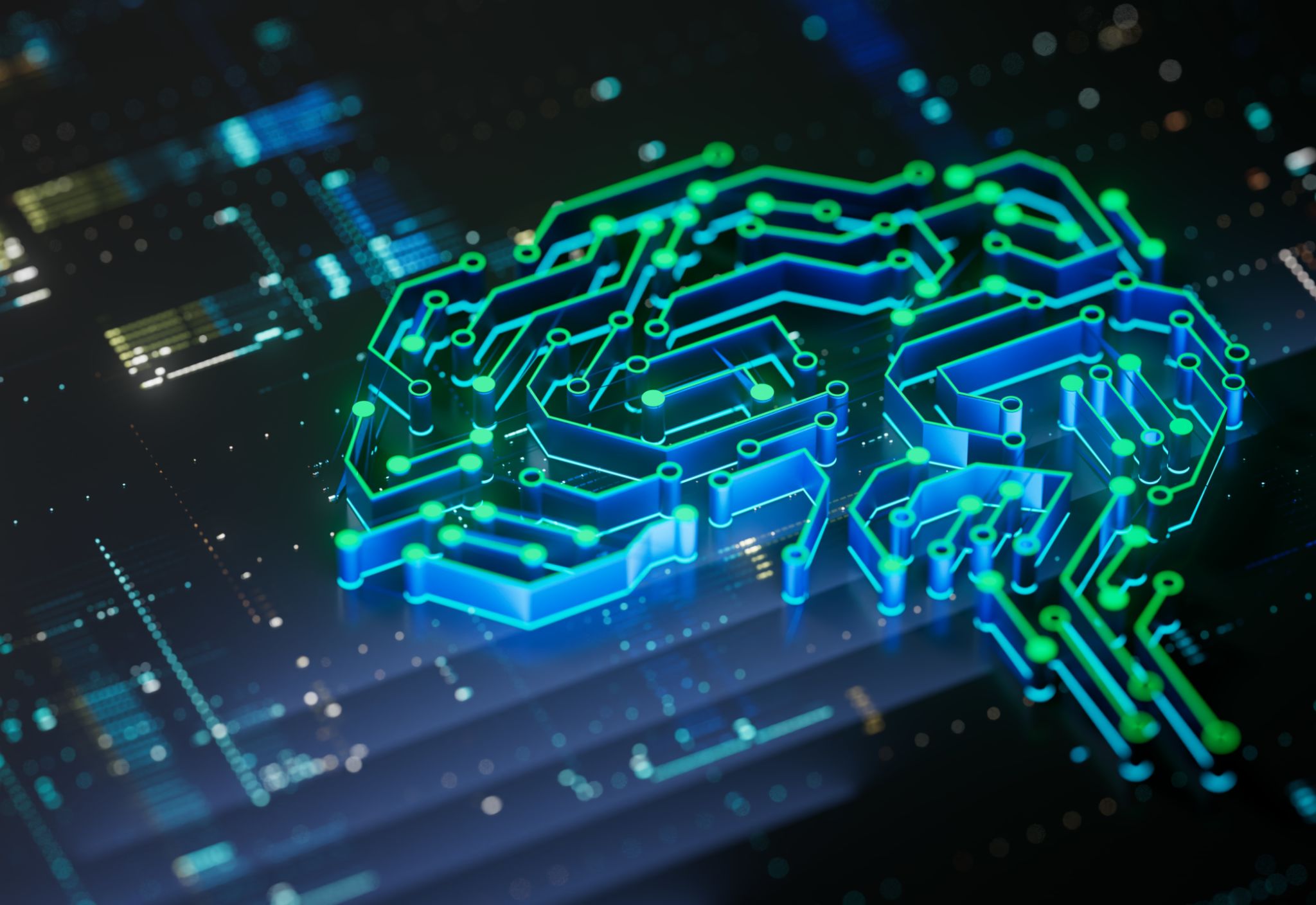Debunking 5 Common Myths About AI Automation
Understanding AI Automation
Artificial Intelligence (AI) automation is rapidly transforming industries and reshaping the way businesses operate. However, despite its widespread adoption, several myths still surround this technology. It's crucial to separate fact from fiction to fully harness the potential of AI automation. Let’s explore and debunk five common myths about AI automation.

Myth 1: AI Automation Will Replace All Human Jobs
One of the most pervasive myths is that AI will lead to massive job losses, leaving humans without work. While AI can automate repetitive tasks, it does not mean the end of human employment. AI is designed to augment human capabilities, allowing people to focus on more complex, creative tasks that require critical thinking and emotional intelligence.
In reality, AI is creating new job opportunities in various sectors such as data science, AI maintenance, and ethical AI governance. Companies are looking for skilled professionals to manage and improve AI systems, ensuring they operate efficiently and ethically.
Myth 2: AI Automation Is Only for Large Corporations
Another common misconception is that only large companies with substantial financial resources can afford to implement AI automation. However, advancements in technology have made AI solutions more accessible than ever, even for small to medium-sized enterprises (SMEs). Cloud-based AI services and open-source platforms provide cost-effective options for businesses of all sizes.

Furthermore, many vendors offer scalable solutions that can be tailored to fit the specific needs and budgets of smaller organizations. This democratization of AI technology allows businesses to enhance productivity and efficiency without breaking the bank.
Myth 3: AI Automation Is Infallible
Some believe that AI systems are flawless and capable of performing tasks without error. While AI can process vast amounts of data quickly and accurately, it is not immune to mistakes. AI systems are only as good as the data they are trained on, and biases in the data can lead to inaccurate or unfair outcomes.
It is essential to have human oversight in AI processes to ensure accuracy and fairness. Continuous monitoring and updating of AI models are necessary to maintain performance and mitigate any biases present in the data.

Myth 4: Implementing AI Automation Is a Complex Process
Many businesses hesitate to adopt AI automation due to fears of complexity and high implementation costs. However, with the right strategy and planning, integrating AI can be a smooth process. Organizations should start by identifying areas where AI can bring the most value, then choose solutions that align with their goals.
Partnering with experienced vendors or consultants can also ease the transition by providing guidance and support throughout the implementation process. Training employees to work alongside AI tools ensures that the workforce is well-equipped to leverage new technologies effectively.
Myth 5: AI Automation Lacks Ethical Considerations
Concerns about ethics in AI are valid, but it's a myth that AI operates without any ethical oversight. Many organizations are prioritizing ethical considerations in their AI strategies by implementing frameworks that address bias, transparency, and accountability.

Developing ethical guidelines for AI use is crucial in building trust with consumers and stakeholders. By ensuring that AI systems adhere to ethical standards, companies can minimize risks and enhance the positive impact of automation on society.
In conclusion, understanding these myths about AI automation is essential for businesses looking to adopt this transformative technology. By addressing misconceptions and embracing AI's potential responsibly, organizations can drive innovation and competitiveness in today's digital landscape.
